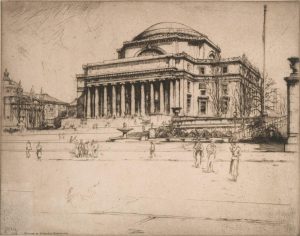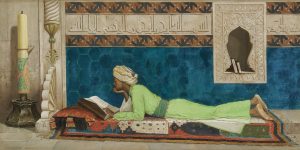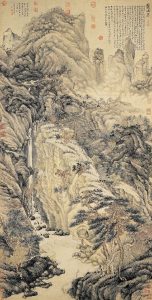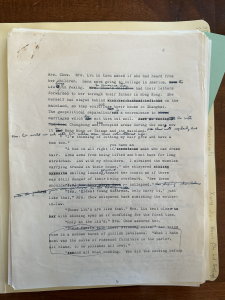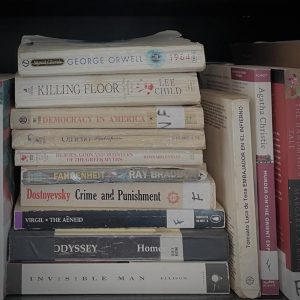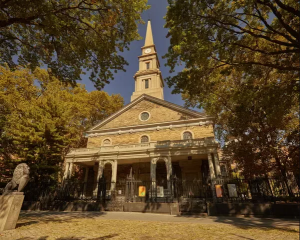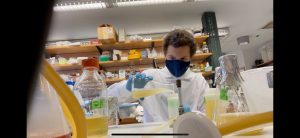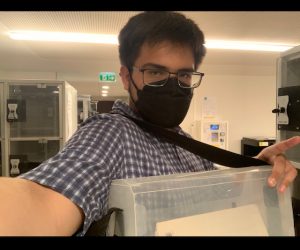
Untitled engraving of Sea Monsters Attacking a Sailing Vessel, 1684. Johann Christian Wagner, Photo Credit: Courtesy of Wikimedia Commons.
The other day I had the opportunity to see one of my favorite authors, Neil Gaiman, in person, celebrating the life and work of another of my favorite authors, Ray Bradbury. Neil Gaiman’s Coraline and The Graveyard Book pleasantly haunted my childhood imagination; in my teens Ray Bradbury’s prolific exuberance provided me with ample fodder for a tear through one, then another, of his short story anthologies. Both authors were instrumental in convincing me that to be a writer, the first thing one must do is write – and write consistently, even every day, as Bradbury did from the age of twelve on. Discipline, they insisted, far from being detrimental to zest and gusto and inspiration, fanned the flames of those things, channeled them, purified them.(And I, taking up my pen in youthful imitation and aiming to write every day, believed them). Continue reading

